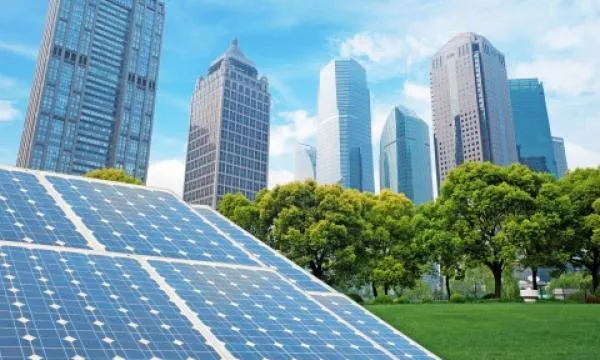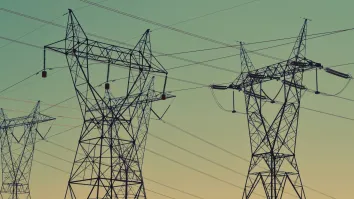
150 GW of renewables in Asia Pacific at risk if recession stretches
A loss of 380 TWh in power demand is expected this year.
Wind and solar projects amounting to 150GW across the Asia Pacific could be delayed or cancelled over the next five years if the coronavirus-led recession extends beyond 2020, according to Wood Mackenzie.
The research projects a two- to three-month power demand disruption with strong recovery, leading to 380 terawatt hour (TWh) of power demand lost in Asia Pacific this year. Meanwhile, approximately 1,000TWh of demand, equivalent to 2 years of growth, could be lost by 2023 if the pandemic is not controlled and markets go to recession.
Key indicators to monitor include power demand growth, credit terms for renewables projects, cost competition between renewables and fossil fuels, and government support including stimulus for renewables markets.
Some governments have been willing to extend subsidies for delayed wind and solar projects; however, these policies are likely to affect the existing project pipeline rather than new projects.
“If the situation worsens, renewables projects in Developing Asia (India, Vietnam, the Philippines, Thailand, Indonesia, and Malaysia) could be heavily impacted by increased financing costs, as well as forex risk due to high capex share of costs. A 10% increase in weighted average cost of capital could lead to an 8% increase in levelised cost of electricity (LCOE) in renewables,” said Alex Whitworth, Wood Mackenzie’s research director.
In a recession scenario with lower fossil fuel prices, renewables would only become competitive with coal-fired power plants in most of the Asia Pacific beyond 2025, Whitworth added.
Prior to the virus outbreak, global investors had been active in Asia Pacific, accounting for over three-quarters of global power demand growth. The region leads in wind and solar capacity installations, offering developers access to cash at competitive rates of interest.
However, if the coronavirus outbreak evolves into a financial crisis, funding may be harder to secure, leading to reduced competitiveness of renewables.



















 Advertise
Advertise





